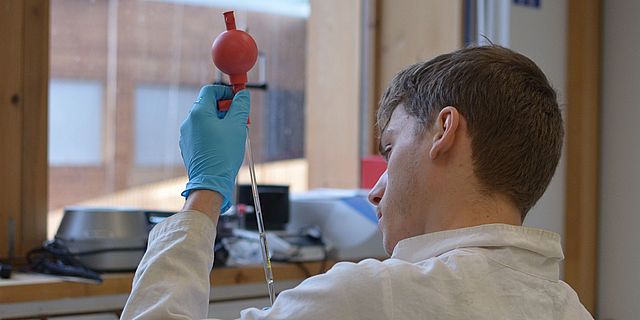Every year, more than 200 000 orthopaedic prostheses (knee, hip) and a huge (but unknown) number of dental implants are implanted in France. For an optimal efficiency, these implants have to be well integrated in bone. To favour osseointegration, dental implants rely on modification of their surface morphology, while a Calcium-Phosphate coating is often required on the surface of orthopaedic implants. Traditionally, these coatings are fabricated by plasma-spray, leading to well crystallized films in the most stable phases (mainly hydroxyapatite). Even though these plasma-sprayed coatings are commonly used on stems and metal-backs of hip prostheses, their efficiency is subject to controversy because of several drawbacks such as the excessive thickness of the coatings, their possible delamination leading to local inflammations, and the overly stable nature of the constitutive materials that do not favour reactivity. The project aims at developing alternative coating techniques, less costly and leading more efficient coatings (with higher adhesion to substrate, more reactive to allow faster bone ongrowth and faster healing of the patient) potentially applicable to both dental and orthopaedic implants.
This PhD project will use Electrostatic Spray Deposition (ESD) to fabricate (and characterize) osseoconductive coatings of optimized architectures, compositions and structures (amorphous or crystalline), on biomedical grade titanium substrates. We will aim at biologically reactive coatings such as out-of-equilibrium or amorphous calcium phosphates (highly difficult to stabilize as coatings by any other technique, thus their potential as osseoconductive coatings could never be assessed) or bioactive glasses (whose synthesis has never been attempted using ESD). Moreover, we will look for architectures that promote reactivity and mechanical adhesion to bone tissues: dense coatings with arborescent surface, and porous coatings with a large amount of porosity (easily obtained with ES), or even with a multiscale architecture (network of tubular pores inside a coral-like dense matrix).
As a proof of concept, these findings will be applied to a real dental implant.
The doctorate will work in both laboratories, LEPMI (Grenoble INP) and MATEIS (INSA Lyon) through an ANR project related to DEFI 4 (Life, Health and Welfare).
LEPMI will use its in-depth understanding and practice of Electrostatic Spray Deposition as well as its expertise in Raman spectroscopy.
MATEIS will bring its knowledge of calcium phosphates and extensive in-situ characterization.
Knowledge in Materials Science and eventually in Biomaterials is required as well as a strong taste for teamwork in a multidisciplinary
Directors:
Prof. Elisabeth Djurado (LEPMI, Grenoble), Elisabeth.Djurado@lepmi.grenoble-inp.fr
Dr. Laurent Gremillard (MATEIS, Lyon), laurent.gremillard@insa-lyon.fr



